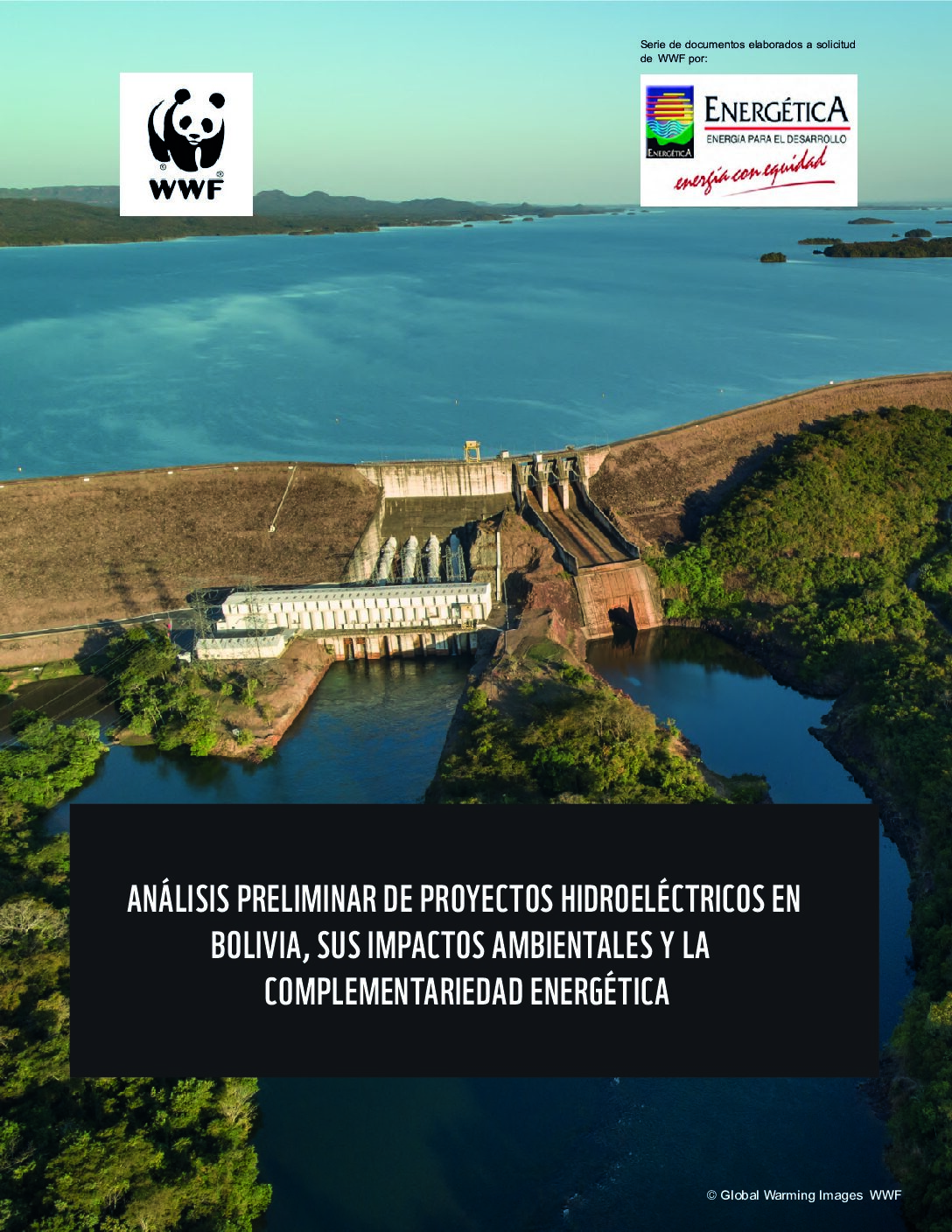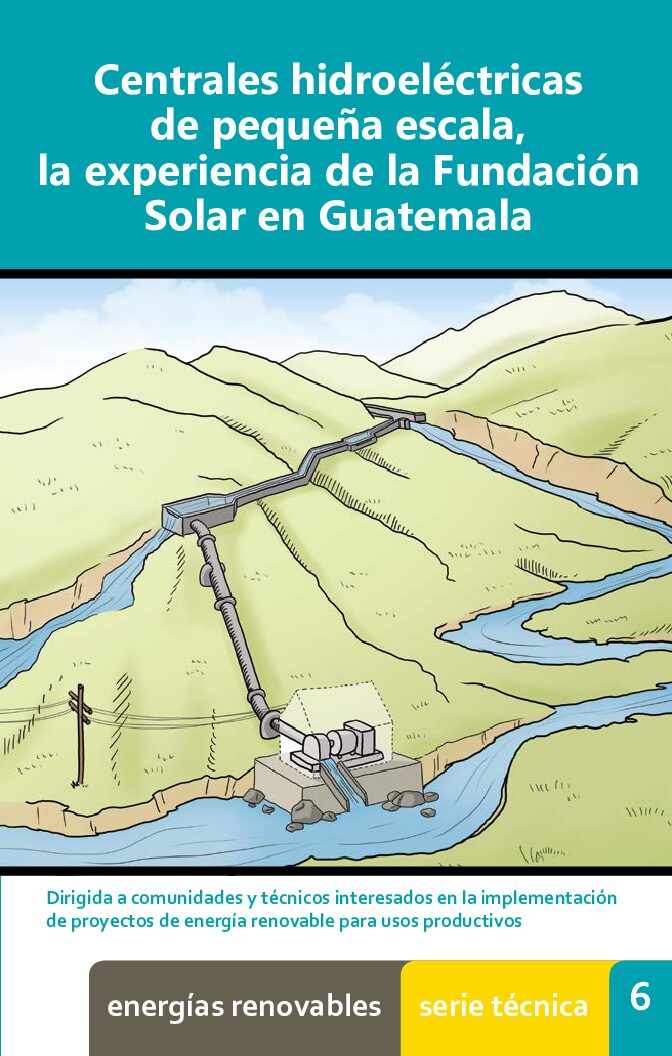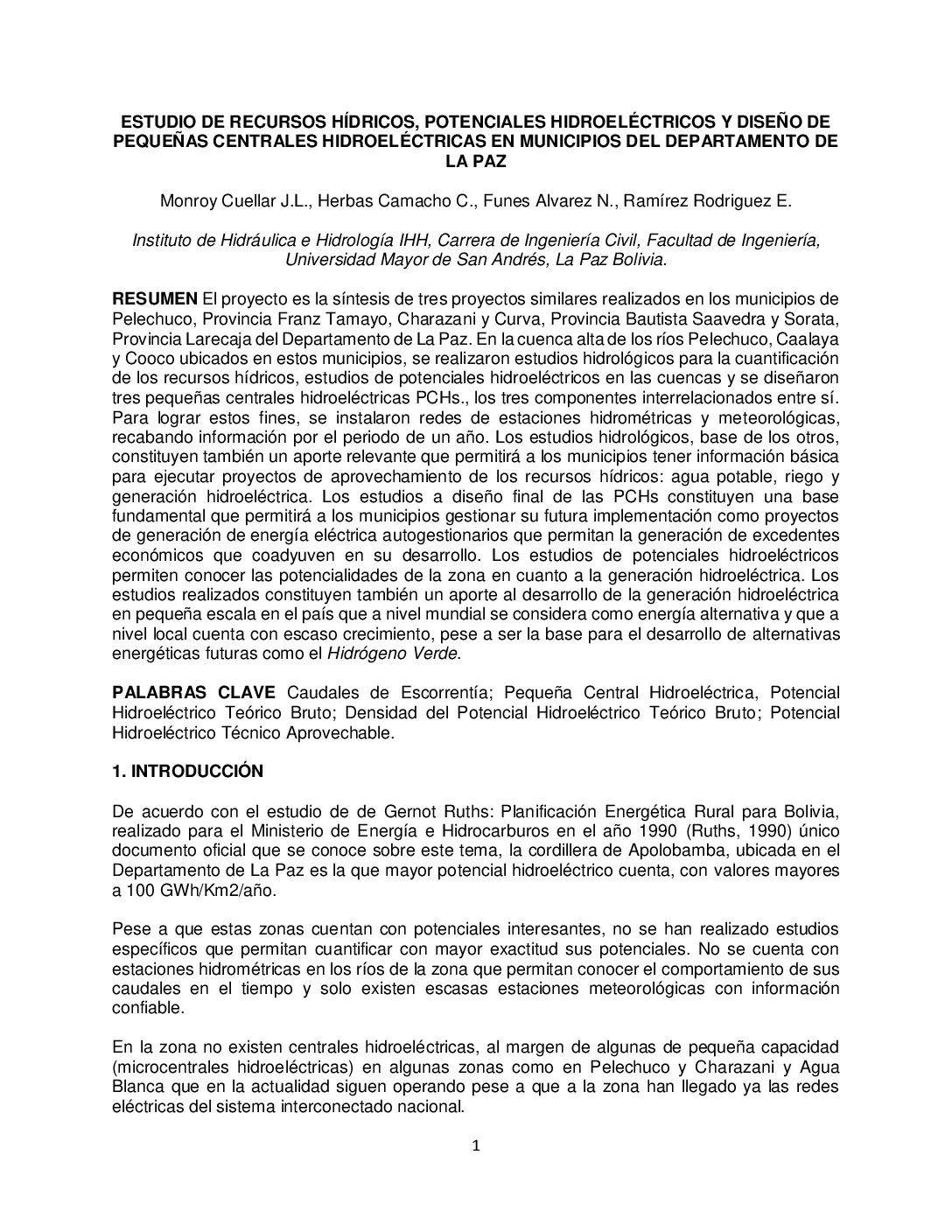This brief presents a case study of a company in Guatemala that has turned bioenergy generation into a successful business model, and describes how the enabling environment conributed to its success.
This brief presents the regulatory framework and country context for waste-to-energy projects in Côte d’Ivoire.
This feasibility study describes the institutional framework for waste management in Côte d’Ivoire, presents a baseline on compost and biogas value chains, and provides a feasibility assessment based on economic models.
This policy brief investigates Zambia’s policy and legislative framework for energy generation from waste, and provides recommendations for improvements.
This study aims to determine the viability of electricity generation from municipal solid waste in Ndola, Zambia, and finds that the most suitable technology is biomethanation.
This document conducts an initial assessment of the environmental impacts of hydroelectric projects in ENDE’s portfolio and identifies the need for energy complementarity with other renewable sources.
This report presents the lessons learned from a series of small hydropower projects in Guatemala, implemented by the Fundación Solar.
This article presents the results of a hydrological study to inform the design of small hydropower plants in three municipalities in the La Paz department.
This article describes the origins and provides examples of community-owned small hydropower projects in Guatemala.
This plan provides a comprehensive, forward-looking least-cost plan for the development of the country’s power sector, including both on-grid and off-grid.








